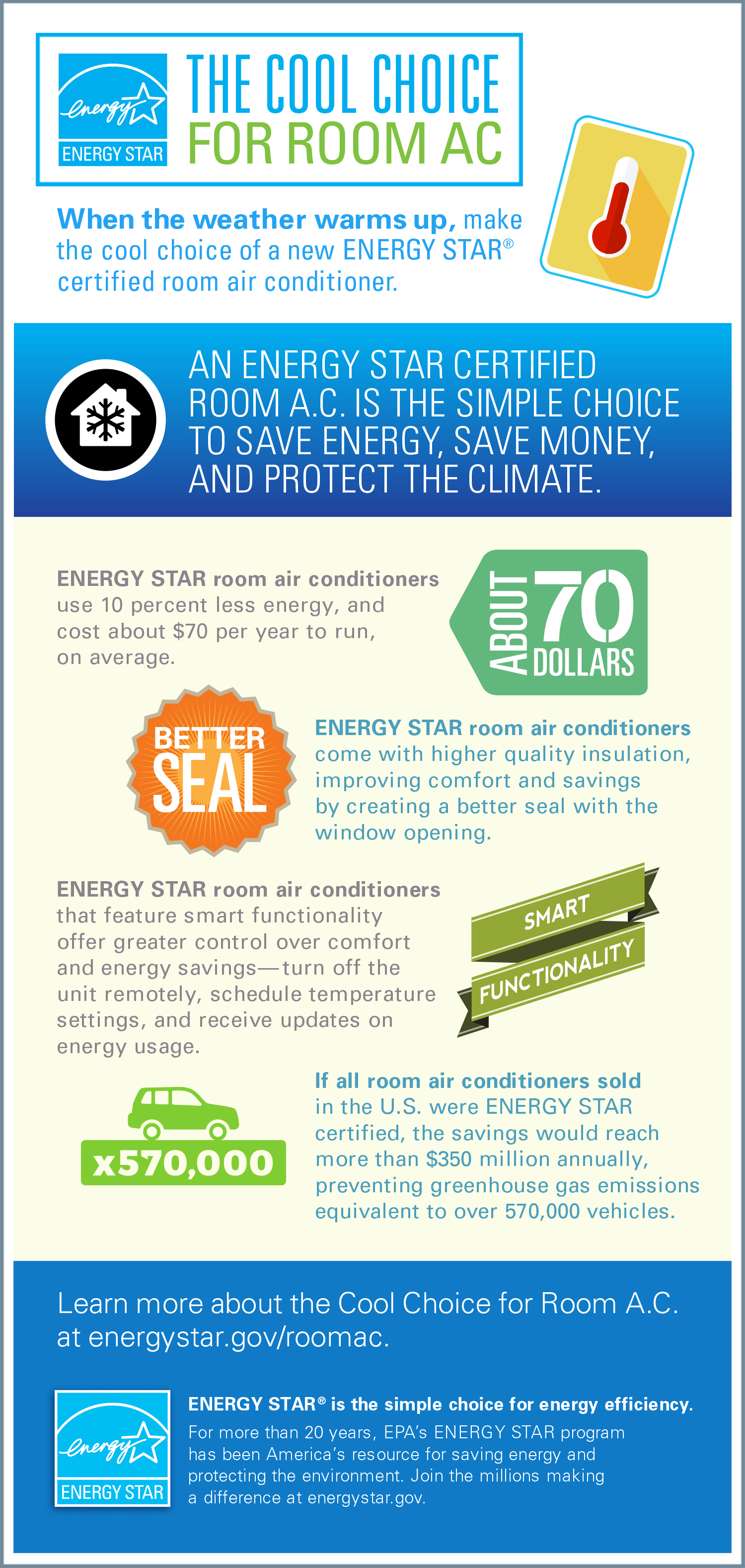Heat Pump Vs Heater - Which Is The Better Home Heating Alternative For Your Home?
Heat Pump Vs Heater - Which Is The Better Home Heating Alternative For Your Home?
Blog Article
Content Written By-Pearson Matthiesen
Numerous property owners know with heating systems, which warmth homes with oil or gas and push hot air via ductwork. They are relatively cost-effective and can supply trustworthy home heating even throughout a winter months power blackout.
Nevertheless, they make use of fossil fuels and produce carbon monoxide and various other air contamination. They likewise aren't as energy-efficient as a high-efficiency heatpump.
Expense
Typically, heat pumps are much more inexpensive to run than furnaces. They generally make use of electrical energy and refrigerant to extract warm from outside air, and afterwards transfer it into your home. You can make the most of more affordable power rates throughout off-peak hours to even more decrease your heating costs.
Unlike heat pumps, gas or wood-burning heaters utilize combustion to produce warmth, producing flue gases right into the atmosphere that can be hazardous to your health. These heaters are likewise much less energy-efficient than heatpump, and their greater operating expense can build up in time.
Heating systems are extra challenging than heatpump and require normal upkeep to ensure the appropriate feature of all parts. Despite this, they tend to last longer than heatpump with a normal lifespan of 20 years or even more. Nonetheless, you'll need to consider the cost of gas, gas oil or wood and the extra equipment needed for installment and operation such as ducts and air flow systems.
Energy Efficiency
Heat pumps have a higher energy effectiveness rating than furnaces. These systems use power to scavenge warm from the air, even in freezing temperature levels. They can also get rid of excess warm from the home during warmer months and recycle it to cool down the system. Carrier professionals can assist you determine the most effective model for your home based on environment and source energy expenses.
Heaters melt gas oil, lp, natural gas or other sorts of fossil fuel to heat up the air in the home. This air is after that spread through ductwork utilizing a large follower. Furnaces generate greenhouse gases and call for normal upkeep and devices upgrades to make certain safe procedure.
The most significant benefit of a heating system is that it can be operated even in extreme wintertime problems because it does not depend on outside temperature levels to warm up the air. Heating systems likewise have a longer life-span than heatpump and generally last 15 years. They can likewise be coupled with dual gas alternatives, which choose one of the most efficient heating option based upon the weather.
Environment
Heat pumps work well in modest environments and utilize less source energy than heaters. However, if your area is extremely cool, you might need to buy a conventional gas furnace rather.
Furnaces offer warm, relaxing heat and generally provide quick heating to raise interior temperatures. These systems can be utilized with a range of gas kinds, consisting of gas, gas, oil or electricity.
They take in a lot more power than heatpump-- approximately 3x as much-- and need ductwork that's costly to set up or retrofit. They're also much more pricey to preserve, as they can trigger air quality issues and generate greenhouse gas discharges.
If you're devoted to decreasing your carbon footprint, a heatpump is an excellent selection for your home. They have less greenhouse gas emissions than furnaces, particularly if you pick a power CELEBRITY ® heat pump. Your neighborhood Provider specialist can clarify the distinctions in between these 2 furnace and aid you make the best decision for your special demands.
Personal Preferences
Heaters can be extremely power reliable when powered by natural gas, propane or oil, however they aren't as energy reliable as heat pumps in frigid climates. They can also be extra costly to mount, calling for gas lines and air flow systems.
However, heaters often tend to require much less upkeep, which can cause reduced ongoing prices. They generate less greenhouse gases and are much more reputable than heatpump throughout severe weather condition.
https://www.startribune.com/it-pays-to-do-homework-on-hvac-maintenance-in-your-twin-cities-home/572919481/ are a lot more versatile in developing interior comfort due to the fact that they can likewise act as air conditioning system during warmer months. They can be more convenient to maintain, calling for only normal air filter adjustments and periodic vacuuming.
If you favor the comfort of a solitary system that does it all, take into consideration a hybrid home heating solution that pairs a heater with an electrical heatpump. These systems can automatically switch over between the two heating options based on your home's demands and temperature level problems, making the most of performance and cost savings.